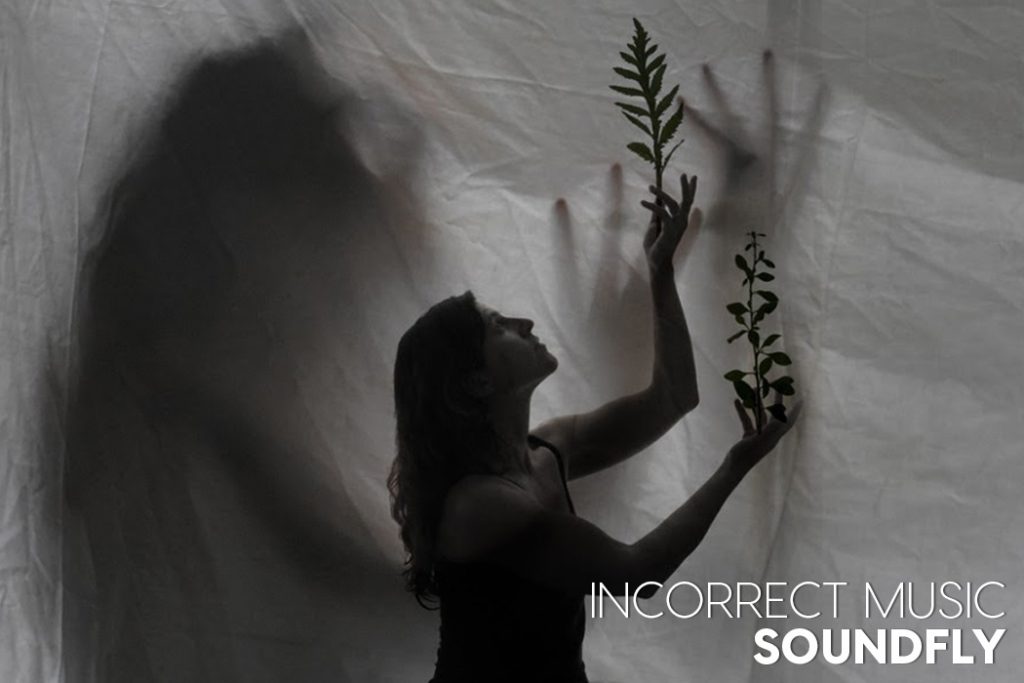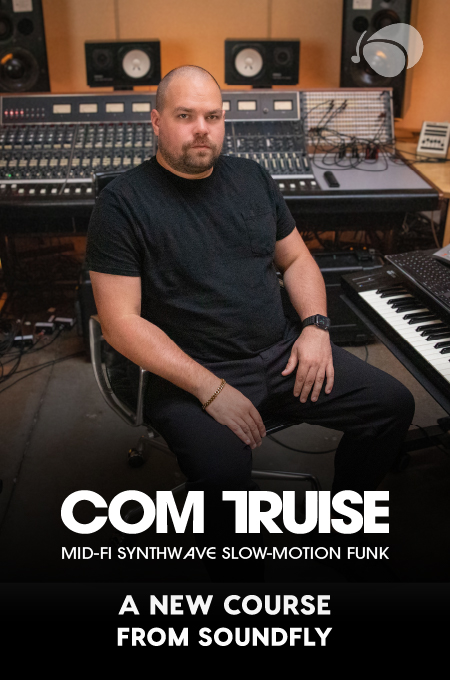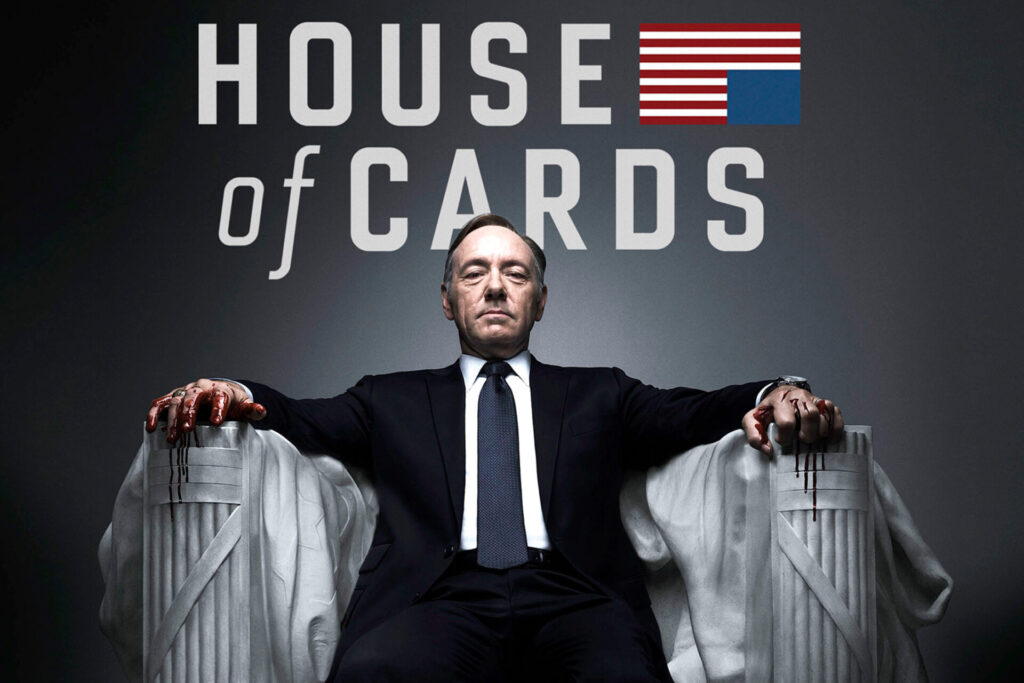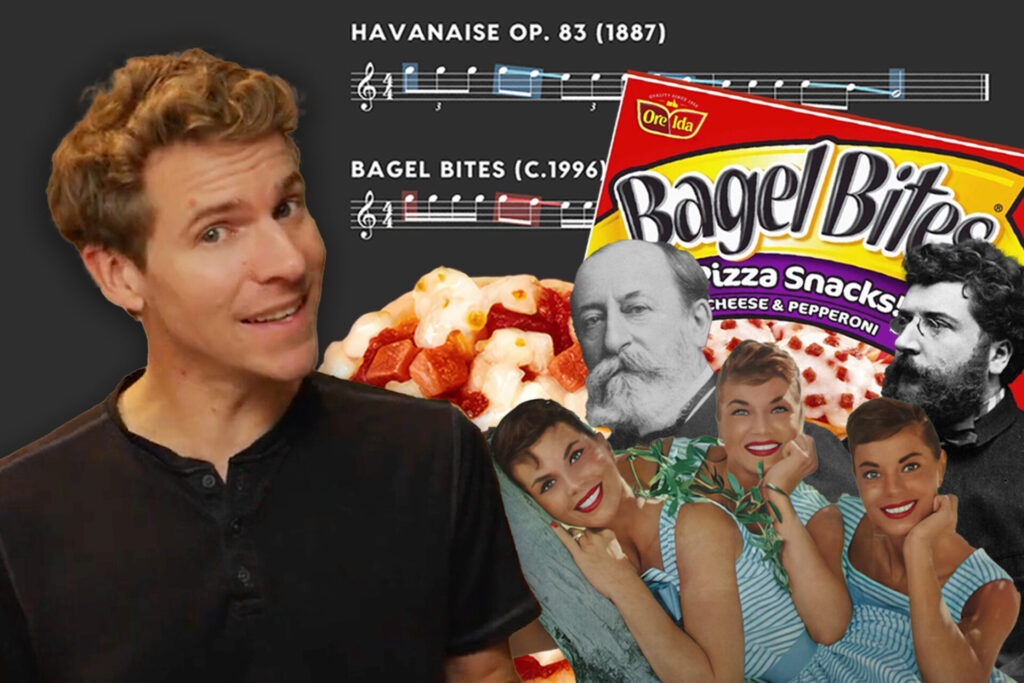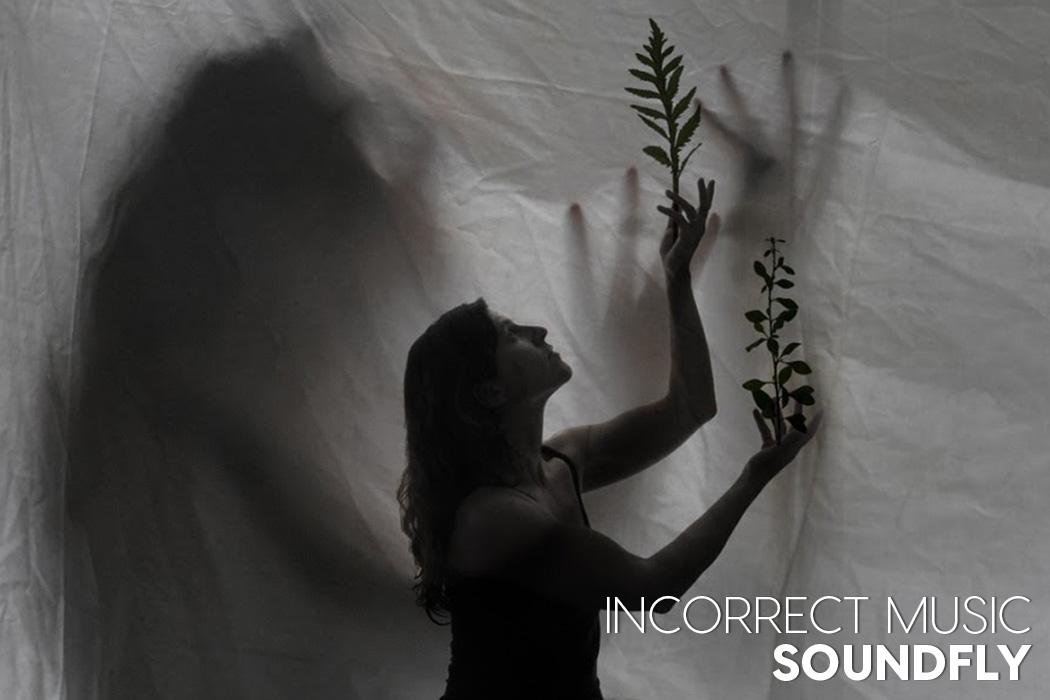
Welcome back to Soundfly’s weekly interview series, Incorrect Music, curated by guitarist, singer, and composer Lora-Faye Åshuvud (of the band Arthur Moon). In this series, we present intimate conversations with artists who are striving to push the boundaries of their process and craft.
Brooklyn is the latest home to the singer-songwriter and performer Mirah, who comes to us by way of, first, Philadelphia and then Olympia, where she started her public-facing music career in the late ’90s, releasing a number of acclaimed, DIY-spirited recordings with K Records. Collaboration has been a constant in Mirah’s career — she’s worked with most famously with Thao Nguyen and Tune-Yards, among many other talented folks — and her latest offering, Sundial EP is no exception. It’s a collection of mostly older material, revisited with composer Jherek Bischoff for string quartet.
“I don’t have a stage persona,” she says, “I’m just me, and this provides an infinite number of wrongnesses and mistakes to proliferate, which I hear are very charming.” There’s a radical sentiment here, I think. As a woman myself, moving through a music industry where I’m often expected to lack technical facility, I am often very cautious about publicly claiming or performing the unrehearsed or unpolished, the true mistakes. Mirah bypasses this nonsense entirely, with no impulse to overcompensate for assumptions made about a woman’s assumed musical inability. On stage and in her work, she’s (in her heavy knowledge and experience) expertly inexpert. It’s definitely “charming,” but it’s also, I think, deeply political and it just generally makes for really great, unusual music.
Mirah’s most recent EP, Sundial, is out now via Absolute Magnitude / K Records.
– Lora-Faye Åshuvud
Interview by Lora-Faye Åshuvud
This EP consists mostly of older songs of yours, rearranged with Jherek Bischoff for a string quartet. Touring musicians are constantly having to revisit old material, but I’m wondering: how was this particular experience of reworking your old songs different?
It was much more exacting than the experience of playing older songs live. Recording always is. Even if it’s not “perfect” because you decide that the first take is the best take, in spite of some raggedy sound in my throat for example, recording will always offer more control than playing live. With recording you can make decisions.
In fact, that’s how I sometimes describe recorded music, at least after a long day in the studio — “the sound of 50,000 decisions.” I know that doesn’t sound very romantic, but if they were the right decisions, then what that sounds like is beautiful music. For music you don’t like, it’s not because the music is bad, it’s because you don’t like the sound of the decisions those people made.
When I’m playing older songs at shows, there are always unexpected elements. I have a revolving cast of incredible musicians who rotate in and out of my band, and sometimes I’m playing solo. Sometimes I’m playing in a cathedral with 300-foot ceilings and the natural reverb is gigantic, sometimes I’m playing in a living room to 30 people and it’s so quiet you can hear a pin drop, sometimes I’m playing in a loud bar and everybody’s shouting and I can hardly hear myself. And those are only a few of the variables involved.
Playing any song, new or old, in a live setting, is nothing short of a total collaboration between everyone in the room, the sound system you’ve never used before, the acoustics, how well or poorly you or your bandmates slept the night before, etc. And the truth is that I love both. I love having the control of the recording environment, and I love the unknowns of playing live. And also, just to make sure I emphasize this about the making of this record, and the live shows I’ve done of this material, I have such a deep respect for the skills of string players. They are seriously capable of magical feats and it is an incredible experience to be in the presence of their magic.
How did you choose which songs to revisit?
I’d had an offer from BRIC Arts in Brooklyn to put together a show for their spring program and had talked to Jherek about being my collaborator. At the time that Jherek and I started making a list of songs, I had already completed the demos for my new full-length record (which will be out in the fall of 2018). I sent him some of those, but also had an idea that I wanted the new record to be a little less orchestrated than Changing Light, for which Jherek had written a bunch of arrangements.
I didn’t want to start making the new record inadvertently just by the fact of having all these new songs ready at the same moment as deciding to work on a fun collaboration with Jherek. And also, even though Jherek and I have known each other for a bunch of years and had already worked together several times, he’s known my music for even longer and was a fan of my older work. So it ended up feeling right to both of us to choose one of the new songs (Sundial) and then to choose some of each of our favorites from my back catalogue.
What were the nuts and bolts of the arranging process with Jherek?
Well, for one thing, Jherek is very fast! I think that when he gets an idea he just executes it. No dawdling. So it was actually so fast between the time that we picked the songs and when the arrangements were done that it was more like a spaceship than a nuts and bolts thing. At least that’s how it seemed to me. He would probably have a lot more details to offer on that than I do!
Your own performances on these recordings bring a really different perspective and energy to the songs. I’m thinking of “Oxen Hope,” in particular, which I first heard on your 2014 release Changing Light as a simmering, electronic banger. On Sundial, it’s transformed into a bright, contemplative folk song — and not just by the instrumental arrangements, but notably by your approach to the vocal. Had you established that perspective in advance of bringing the music to Jherek, or did that change come out of hearing the new strings arrangements and responding to them?
Interesting that you say that. I’d almost forgotten that the first iteration of the song was a strummy guitar that had a sort of swing to it and the vocal line was more folky. I have it on an iPhone memo somewhere maybe, if my abysmal media management skills didn’t throw it down the digital garbage disposal at some point. But anyways, it started out as just guitar and vocal. Then I went to visit my friend and collaborator Christopher Doulgeris in Los Angeles.
I decided to skip the guitar, Christopher started playing that sub bass synth part and I started banging on things and coming up with the percussion tracks. Chopsticks on a cutting board, literally! Christopher produced that song, so it was his idea to put the effect on the vocal. Christopher was the total secret weapon on that album. Though weapon is really the wrong word for him. More like the secret wizard. And maybe you didn’t hear them but Jherek wrote both string and woodwind arrangements for that original “Oxen Hope.” We ended up using a lot less in the mix than he wrote. But that solo and the outro has the oboe part that Jherek wrote, but manipulated by Christopher the wizard.
“I think there were a lot of best mistakes. And my worst mistake? Touring the record before we made it! Oh well, can’t win them all.”
You’ve talked a bit in the past about not totally identifying with specific music “scenes,” despite having come out of Olympia in the ’90s. Any advice to emerging artists on how to successfully navigate a music industry (i.e., Spotify) that all but requires that kind of categorization?
Well I take this question as a great compliment that maybe I seem like I am successfully navigating the music industry! The truth is, I find the current state of the music industry to be so baffling. Maybe I’m getting used to the internet a little bit at this point, but at heart I am a deeply old-school person and the thing that makes the most sense to me is making records and selling them.
And playing shows too, sure. But in my soul, the whole thing is more of a cottage industry where I make something with love and then someone who loves it buys it for a small but reasonable amount. But I’ve come to accept the degree of static that I have to keep on my dial at all times in order to remain a player in what is current, which is far from the cottage industry of my soul. That static being the internet, streaming services, social media, etc. I do what I can, without making myself crazy. And I may be wrong about this but I feel like I’ve been reading that in spite of the pitiful percentage that actually goes to artists from some of these streaming services, there are starting to be enough people using them to actually turn those fractions of a penny into dollars.
Obviously there are a lot of things that have to improve, percentages being one of them, but music is a powerful source of inspiration for people so I’m glad that so many people are out there listening. It’s funny. In some ways, the new way of the music industry seems limitless in terms of categories, but then I listen and feel like I hear so much cookie-cutter stuff. I think it’s just because there is so much of everything. So much that’s never been seen or heard before right next to so much pre-fab. No doubt, the internet is an incredible tool, and provides an amazing way for people far and wide to connect, and I do feel that there are truly positive things about the ease with which previously isolated people can now find community. But these are the same tools which have allowed for a proliferation of hate-groups and white supremacists and their rhetoric. I know that that’s off-subject to your question but definitely something that’s on my mind these days.
At Soundfly, we love to use the term “Incorrect Music” to describe the things an artist does that go against notions about the “right” way to make music, but which yield exciting and unique results. What about your music might you consider to be “incorrect”?
Everything! And I’m proud of it!
What is the best mistake you made while creating Sundial?
Considering my previous answer, I think there were a lot of best mistakes. And my worst mistake? Touring the record before we made it! Oh well, can’t win them all.
“…That’s how I sometimes describe recorded music, at least after a long day in the studio — ‘the sound of 50,000 decisions.’”
What are you proud of doing wrong in writing, or arranging, or performing music?
I don’t have a stage persona. I’m just me, and this provides an infinite number of wrongnesses and mistakes to proliferate, which I hear are very charming. I also have a tendency to not write choruses, and to generally not do a whole lot of lyric repetition in my songs. I find it so boring to do! But then I hear all these super popular songs that have just a few lines that repeat over and over. And I’m like, okay, I get it, it’s catchy, but how can you stand performing it?!
It’s not really for me. I just like to say what I have to say and move on.
You’ve got a full-length LP coming out soon. How did the process of making Sundial influence your work on the forthcoming record?
For the new record, I wanted to explore my old way and do more recording and playing on my own, and I wanted the process of finding the sounds and parts to be more primal and exploratory rather than planned.
Any plans to collaborate with Jherek in the future?
Jherek and I are meeting up in Boise, ID in March to play at the Treefort Festival! We’re collaborating with a local quartet for a set of Jherek’s own work and then we’ll perform the Sundial album, with a couple surprises thrown in.
Want to get all of Soundfly’s premium online courses for a low monthly cost?
Subscribe to get unlimited access to all of our course content, an invitation to join our members-only Slack community forum, exclusive perks from partner brands, and massive discounts on personalized mentor sessions for guided learning. Learn what you want, whenever you want, with total freedom.
